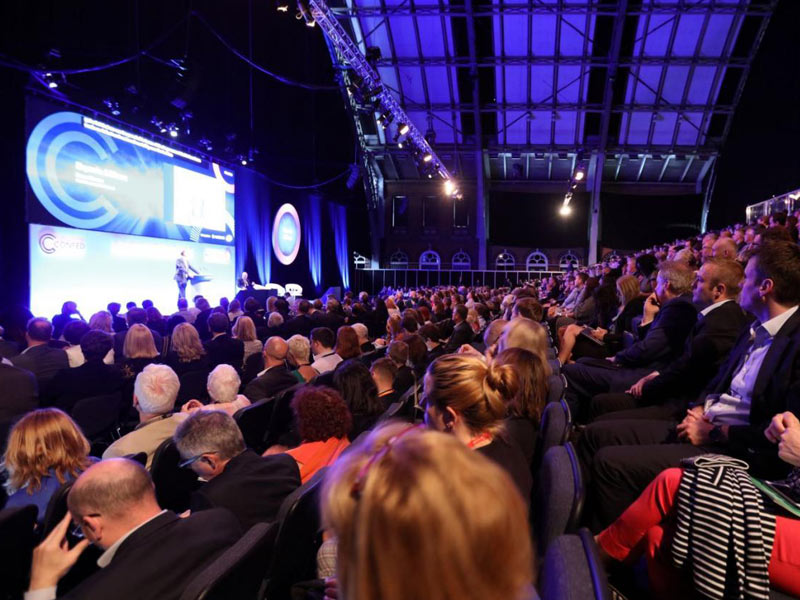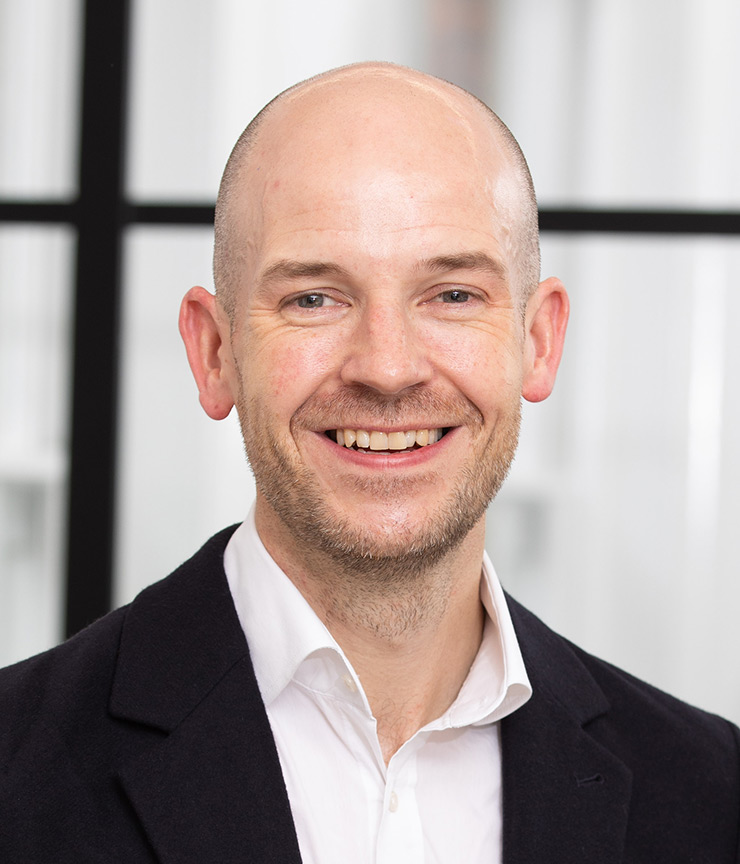Confed this year walked a tightrope- the environment vs innovation; progress vs weariness; optimism vs pessimism.
On the 75th anniversary of the founding of the NHS, in and around the parish of Manchester (at Trafford Park to be precise), we marked the occasion. “The most civilised step and country taken”, enabled by Nye Bevan, was rightly celebrated and we applauded the relentless capacity of all involved to face challenge through innovation: the first hip replacement, the first CT scan, the first robotic heart surgery, the first COVID vaccine delivered have all been delivered by the NHS. Looking forwards too there are many fantastic innovations which will transform services beyond anything imaginable in 1948: AI-driven avatars called Dora talking you through your outpatient appointment, blood tests screening for 50 types of cancer, drones delivering samples across moorland.
The optimists, including the CEO of NHS England, also pointed progress in the shorter term as we continue to labour in the post-COVID re-aligned world. Recovery, as measured in terms of waitlists, GP appointment and ambulance response rates, has shown progress; reform, though ICSs, DCRs and NHSE, is happening; resilience, through enhanced capacity across the system, in growing.
And then there was Ruben, a baby born with genetic complications who, at 5 days old, had genome sequencing completed which led to a liver transplant far sooner than previously possible – an intervention which saved his life. He is now flourishing. The power of a personal story again reminding us that the NHS is astonishing.
We have applauded before, though, sometimes in collective shows of support on our doorsteps, and then then thought are we doing enough? It is interesting that the focus of effort at the birth of the NHS in 1948 were all disease-related – making progress against infectious diseases, cancer, and cardiovascular conditions. 75 years on and the headlines seem anything but disease-related:
- How do we using population health management approaches to re-align our capacity to deliver what is really needed locally?: delivering precision healthcare, focused on specific need, to help us lead longer, happier and healthier lives is the vision for the future. This should move focus and capacity from curative, acute-based care towards preventative primary and community endeavour wherever possible, regardless of the temptation to treat the immediate issue in a patient rather than improve the health of a person in the longer term. ICSs are in the best position to drive these and are making progress in using prescriptive data approaches to help understand future need. The devil is always in the local detail which will take working through.
- How do we solve a problem called workforce?: this was the elephant in all the rooms. Everyone is waiting for the much-trailed workforce plan to come out (“Sometime in the next few months, depending on parliament” was the Secretary of State’s prediction). Themes are likely to including an increase in training places, degree level apprenticeships, new job descriptions, and creating new routes back for those who have left the NHS (the one specific commitment which was announced). In reality, there will be no silver bullet to change things in the short/medium term so, as we wait for the workforce plan and for PHM to drive new models of care in the long term, we need workforce solutions within the current paradigm too. There is huge waste in the current system (it was highlighted that clinical staff in hospitals ng 50% of their time on administration) so efficiency solutions within the current model are possible but these need capacity, so…
- How do you catalyse change in an environment which has no capacity?: As someone involved in a virtual ward trial noted, “we all love a good pilot”. That’s the easy bit. A new and potentially effective flu screening pathways showed significant improvement in hospitalisations and mortality across 2 AHSN areas but only engage 250 people, an area which covers millions. Once we have a convincing proof-of-concept, support needs to come in the form of robust evidence-based business cases and funded, disciplined transformation programmes (and the new NHS Impact framework will help) which transform services and support learning. As Professor Tony Young (head of the clinical entrepreneur programme) noted, innovation comes from the workforce, not from technology – we need to give space to our innovators to thrive. We also need to confidence to turn off old models of care.
These are difficult times for health and care services but we will indeed recover and reform. The whole history of the NHS (27,000 days and counting) has been one of challenge and innovation.
We work with our clients on all the issues above to challenge the existing models of care and develop sustainable service models of the future so that the Rubens of the future can thrive.
And we will return to focusing on health impact over waiting lists.
We remain optimistic about the future and encouraged by Lord Adebowale, Chair of Confed: “we are way too lucky to be pessimistic”.

